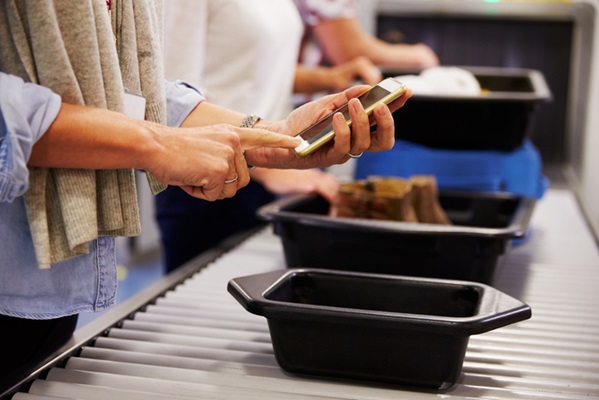
Chilling Effect from Travel Bans and Social Media Checks predicted to cost the US $64B
Since our last post earlier this month, there has been a lot of new information released concerning the possible new Trump Travel Bans. While very little has been officially confirmed, there was a draft travel ban list, leaked by the New York Times, which included about 43 possible countries. The proposed travel restrictions, coupled with other initiatives by the Trump administration, such as widespread tariffs, immigration detentions, student visa cancellations and generally negative rhetoric has had a chilling effect on tourism. According to an analysis by Forbes, Tourism Economics has forecasted that the U.S. economy could face a substantial impact, with a projected loss of $64 billion in travel spending for the current year alone. To contextualize this economic shortfall, it would require the issuance of approximately 12,800 of Trump’s Gold Card Visas to recuperate the equivalent financial influx!
This draft travel restriction list appears to organize the countries into three categories:
Red List: All Country Citizens Barred from Entering the United States.
There are 11 countries proposed for this list: Afghanistan, Bhutan, Cuba, Iran, Libya, North Korea, Somalia, Sudan, Syria, Venezuela, and Yemen.
Orange List: Visas would be very restricted and have mandatory in-person interviews for visas.
It has been suggested that “affluent business travelers” may be allowed to enter, but it would be more restricted for those requesting an immigrant or tourist visa. There are 10 countries currently proposed: Belarus, Eritrea, Haiti, Laos, Myanmar, Pakistan, Russia, Sierra Leone, South Sudan, and Turkmenistan.
Yellow List: Countries would be given 60 days to address deficiencies, or risk being moved to the red or orange list.
There are 22 countries on this list: Angola, Antigua and Barbuda, Benin, Burkina Faso, Cambodia, Cameroon, Cape Verde, Chad, Republic of Congo, Democratic Republic of Congo, Dominica, Equatorial Guinea, Gambia, Liberia, Malawi, Mali, Mauritania, St. Kitts and Nevis, St. Lucia, São Tomé and Príncipe, Vanuatu, and Zimbabwe. The RCBI community was immediately on high alert, as the list included most of the CBI Countries.
The State Department’s spokesperson, Tammy Bruce, dismissed the notion of a draft travel ban list in a briefing on March 17, 2025.
The finalized travel restrictions have not yet been released, so much of the above may change. Still, as stated above, U.S. tourism is already feeling the impact of the proposed ban, among other Trump administration initiatives like widespread tariffs and overall negative rhetoric.
As is the new norm, we must now wait to see how to the travel restrictions is ultimately implemented, and the impact this will have on both those it targets and the U.S. economy itself.
SOCIAL MEDIA CHECKS AT THE BORDER:
There has also been a change in enforcement policy at the border. U.S. Customs and Border Protection have begun inspecting the phones and social media posts of residents and visitors, in some cases denying them entry, taking them into custody, or deporting them. Widely reported incidents have been due to posts regarding Palestine, Hezbollah, and President Trump’s decision to cut research funding. However, there does not appear to be a clear guideline for what type of post gets one flagged.
The American Civil Liberties Union has recommended to travel with as little data as possible. It should be noted that CBP officers do claim the authority to search electronic devices without a warrant, it has just historically been a rare occurrence. Refusing to provide a password to the device could risk your ability to enter the country, depending upon your immigration status. In addition, the officers could confiscate your device, regardless of citizenship.
In addition, the Federal Register has posted a notice for public comment proposing that USCIS will begin collecting social media identifiers on certain forms, so it appears the intended policy going forward will be to screen social media postings of applicants.
It is a chilling occurrence in a country that has historically been so prideful of its protections of free speech.
